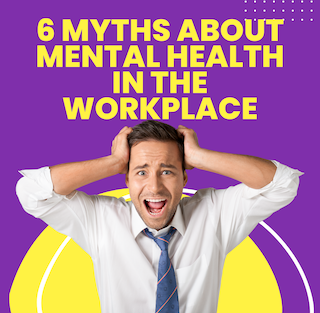Be careful of labeling someone as “crazy” at work!
Yep, it is also unlawful to discriminate because you “think” an employee has a mental disability even if they do not have a disability or are not disabled. This type of discrimination is based on a “perceived disability.”
You heard that right, the ADA also protects people who are not disabled—but an employer thinks that person is disabled.
Here’s an example:
An employee starts calling off work more often and is less productive and engaged in their work. You conclude that they are depressed. Therefore, you begin to give them fewer job assignments, less meaningful work, and less visibility. This results in a low-performance rating, and they miss out on a job promotion (although their perceived symptoms of depression subsided a while ago, and they have returned back to their usual selves). They were never depressed or diagnosed with depression. They had a temporary family matter that contributed to their loss of concentration, etc.
They can sue you under the ADA.
Mental health conditions that fall under the ADA can be tricky, and there are plenty of myths about them. Scroll through the carousel to learn more about them.
Oh, and if you think this is shocking, sign up for our first Workplace Mental Health in the Workplace Certification for HR professionals. Our first session is on August 22nd. We hope to see you there.












